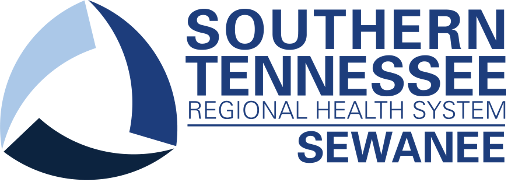Emergency Room
Accredited Chest Pain Center
Call 9-1-1 if you or a loved one is experiencing a medical emergency.
Emergency Care, 24/7
At Southern Tennessee Regional Health System Sewanee our emergency room (ER) team is staffed 24/7 with emergency physicians, nurses and staff who are trained in providing emergency care. Our team combines advanced training with compassionate service to be ready for you or your family when you need it the most.
Next Steps
What to Expect in our Emergency Room
As a patient, you will be cared for by staff trained to respond to medical emergencies. We understand a visit to the ER can be a very stressful time; therefore, you should expect us to communicate with you and guide you through your situation. You should always ask questions if you do not understand.
Quality Emergency Care, Close to Home
The national recognition we’ve earned demonstrates our staff’s commitment to providing the highest quality of care including:
American College of Cardiology Chest Pain Center Accreditation
Southern Tennessee Regional Health System Sewanee received Chest Pain Center accreditation from the American College of Cardiology. We are dedicated to providing our patients with the best heart care treatment available. As an accredited facility, we use the newest methods and best practices in heart care to ensure that our patients receive:
-
-
- Right care at the right time to minimize or eliminate heart damage due to heart attack
- Timely and accurate diagnoses to reduce the disruption to your life and get you back home as soon as possible
- Help and communication to better understand how to respond to your heart emergencies
- Improved quality of life after a heart episode
-
Stroke Telehealth Services
Remember: Call 9-1-1
If you believe you are experiencing a medical emergency, calling 9-1-1 is almost always the fastest way to get lifesaving treatment. EMS staff are trained to revive someone whose heart has stopped. It is best to call EMS for rapid transport to the emergency room.
